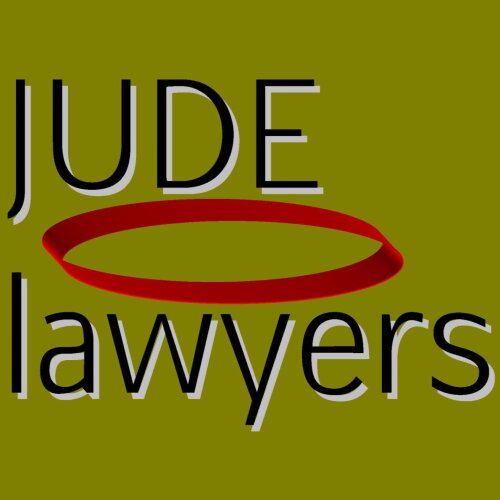Best Wrongful Death Lawyers in Darwin
Share your needs with us, get contacted by law firms.
Free. Takes 2 min.
List of the best lawyers in Darwin, Australia
About Wrongful Death Law in Darwin, Australia
Wrongful Death in Darwin, Australia refers to a legal claim that arises when a person dies due to the negligent or intentional actions of another party. This area of law allows the surviving family members to seek compensation for the loss of their loved one.
Why You May Need a Lawyer
You may need a lawyer in cases of Wrongful Death to help you navigate the legal process, negotiate with insurance companies, gather evidence, and represent your interests in court. A lawyer can ensure that you receive fair compensation for your loss.
Local Laws Overview
The Northern Territory law recognizes Wrongful Death claims under the Law Reform (Miscellaneous Provisions) Act 2000. In Darwin, Australia, the statute of limitations for filing a Wrongful Death claim is generally three years from the date of death. The compensation awarded in these cases typically includes funeral expenses, loss of income, and loss of companionship.
Frequently Asked Questions
1. What qualifies as Wrongful Death in Darwin, Australia?
Wrongful Death occurs when a person dies due to the negligence or intentional act of another party.
2. Who can file a Wrongful Death claim in Darwin, Australia?
In Darwin, the spouse, children, parents, or legal representatives of the deceased person can file a Wrongful Death claim.
3. What damages can be recovered in a Wrongful Death claim?
Damages in a Wrongful Death claim may include funeral expenses, medical bills, lost income, and compensation for the loss of companionship.
4. Is there a time limit for filing a Wrongful Death claim in Darwin, Australia?
Yes, the statute of limitations for filing a Wrongful Death claim in Darwin is generally three years from the date of death.
5. How can a lawyer help in a Wrongful Death case?
A lawyer can assist you in gathering evidence, negotiating with insurance companies, and representing your interests in court to ensure you receive fair compensation.
6. What is the process for filing a Wrongful Death claim in Darwin?
The process involves gathering evidence, filing a claim with the court, negotiating with the at-fault party or their insurance company, and potentially going to trial if a settlement cannot be reached.
7. How is the compensation amount determined in a Wrongful Death claim?
The compensation amount is determined based on factors such as the deceased person's income, age, and relationships with surviving family members.
8. Can a Wrongful Death claim be settled out of court?
Yes, many Wrongful Death claims are settled out of court through negotiations between the parties involved.
9. What are the legal fees for hiring a lawyer in a Wrongful Death case?
Many lawyers work on a contingency fee basis, meaning they only get paid if you receive compensation for your claim. It is important to discuss fees upfront with your lawyer.
10. How long does it take to resolve a Wrongful Death claim in Darwin?
The timeline for resolving a Wrongful Death claim can vary depending on the complexity of the case, negotiations with the other party, and court schedules. It is best to discuss the timeline with your lawyer.
Additional Resources
If you need more information or assistance with a Wrongful Death claim in Darwin, Australia, you can contact the Law Society Northern Territory or the Northern Territory Legal Aid Commission for guidance and resources.
Next Steps
If you believe you have a Wrongful Death claim in Darwin, Australia, it is important to consult with a qualified lawyer who specializes in this area of law. They can assess your case, guide you through the legal process, and help you seek justice for your loss. Don't hesitate to reach out for legal assistance to protect your rights and the rights of your loved one.
Lawzana helps you find the best lawyers and law firms in Darwin through a curated and pre-screened list of qualified legal professionals. Our platform offers rankings and detailed profiles of attorneys and law firms, allowing you to compare based on practice areas, including Wrongful Death, experience, and client feedback.
Each profile includes a description of the firm's areas of practice, client reviews, team members and partners, year of establishment, spoken languages, office locations, contact information, social media presence, and any published articles or resources. Most firms on our platform speak English and are experienced in both local and international legal matters.
Get a quote from top-rated law firms in Darwin, Australia — quickly, securely, and without unnecessary hassle.
Disclaimer:
The information provided on this page is for general informational purposes only and does not constitute legal advice. While we strive to ensure the accuracy and relevance of the content, legal information may change over time, and interpretations of the law can vary. You should always consult with a qualified legal professional for advice specific to your situation.
We disclaim all liability for actions taken or not taken based on the content of this page. If you believe any information is incorrect or outdated, please contact us, and we will review and update it where appropriate.








